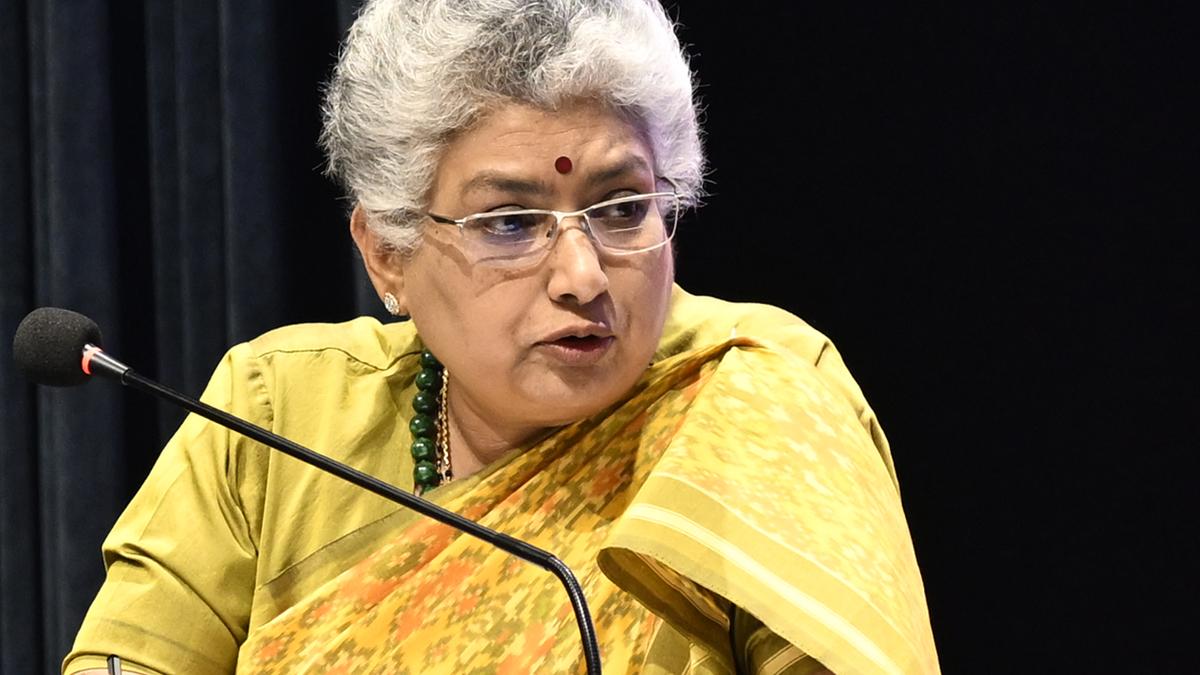 |
|
A recent Supreme Court case in India has sparked controversy, with two judges publicly criticizing a 'proposed judgment' by the Chief Justice of India (CJI), D.Y. Chandrachud, that contained harsh criticism of the renowned Justice V.R. Krishna Iyer, a former apex court judge known for his progressive views and contributions to criminal justice reform. The case revolved around the question of whether private property can be considered a material resource of the community. While the final judgment, authored by the CJI himself and seven other judges, did not include the controversial remark about Justice Iyer's doctrine being a 'disservice to the Constitution,' it was the initial 'proposed judgment' that sparked the dissent.
The two dissenting judges, Justice B.V. Nagarathna and Justice Sudhanshu Dhulia, both wrote separate opinions expressing their disagreement with the Chief Justice's proposed assessment of Justice Iyer's legacy. They argued that it was inappropriate to criticize a former judge's work based solely on the changing economic policies of the country. Justice Nagarathna, in particular, emphasized that the judges of the past should not be judged based on the 'globalisation, liberalisation and privatisation' that have defined India's economic landscape since 1991. She highlighted the importance of recognizing the context and socio-economic conditions under which past judges operated.
Justice Dhulia also condemned the CJI's criticism as 'harsh and avoidable.' He pointed out the enduring relevance and importance of the 'Krishna Iyer Doctrine,' which emphasizes principles of fairness and equity and has served as a guiding light in challenging times. He highlighted Justice Iyer's legacy as a judge who prioritized empathy and the well-being of the people, placing the 'human being at the centre of their judicial philosophy.' This public disagreement between judges underscores the importance of judicial independence and the need for respectful dialogue within the legal system. It also raises important questions about how we evaluate and learn from the legacies of past judges in a constantly evolving world.
